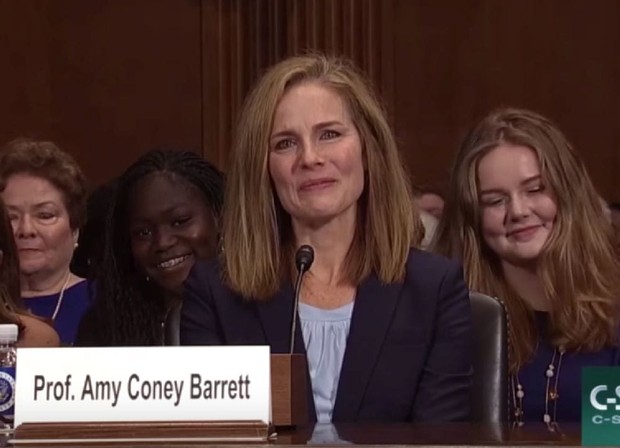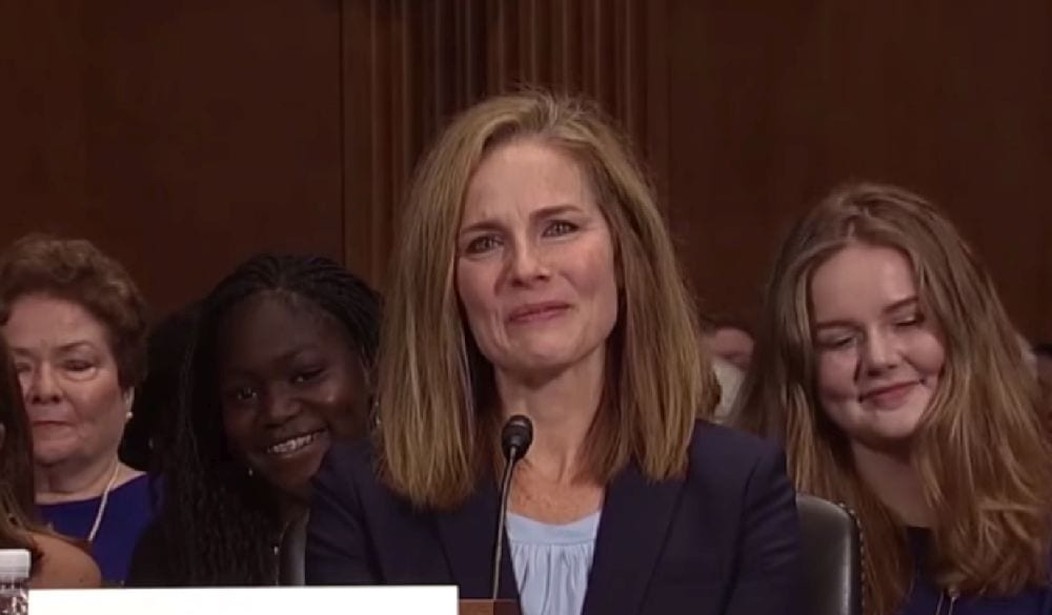
The opening of Anthony Kennedy’s seat on the Supreme Court has sent both sides of the political aisle into a frenzy.
The conservative side sees the opportunity to take control of the nation’s highest court in a way they haven’t been able to. Kennedy was not a consistent voice for their views, and they believe the next pick Trump provides will be.
The liberals, meanwhile, worry about the same thing. In particular, they see a major challenge to the abhorrent ruling in Roe v. Wade, and that the legality of abortion in the United States will be challenged. Conservatives are chomping at the bit to challenge this ruling, in particular, but they also see other rulings that could be overturned under a “truer” conservative majority.
At RedState, we have repeatedly been at the forefront in promoting the cause of life. For example, you cannot be a full-time Front Page Contributor if you are not pro-life. Life is the most sacred and most important gift we can give another human being, and to take it for any reason is an affront to both God and to humanity.
Of the options Trump has, it appears the list has been whittled down to three: Brett Kavanaugh, Amy Coney Barrett, and Raymond Kethledge. Of those three, Barrett is the best possible choice for the Supreme Court.
On the surface, those interested in identity politics have an easy argument: A Catholic woman and mother of seven, including two Haitian adoptees. Digging a little deeper, you can clearly see that she rattles Democrats. The confirmation process for Barrett was riddled with anti-Catholic bigotry, both by Democratic Senators and even the New York Times.
However, that is all face-value arguing. When it comes to the law, it is a bit tougher to get a handle on Barrett – and that’s a good thing.
What has most people wondering about Barrett’s possible tenure on the bench is her dedication to the legal philosophy of stare decisis – that is, standing by past precedent.
Barret has, in the past, shown a willingness to be “flexible” with regard to precedent, which has people worried/hopeful.
Barrett, a longtime Notre Dame law professor appointed by President Trump last year to the Court of Appeals for the Seventh Circuit, in legal articles has backed a “soft” and “flexible” interpretation of the legal principle honoring Supreme Court precedents, stare decisis.
“I tend to agree with those who say that a justice’s duty is to the Constitution and that it is thus more legitimate for her to enforce her best understanding of the Constitution rather than a precedent she thinks is clearly in conflict with it,” she wrote in 2013 in the Texas Law Review.
A lot of people are clinging to the idea of “precedent” as the final word on an issue, when in reality precedent is more a code for “a decision I like.” I am not a lawyer, but the ability to realize that a person or a group of people may have been flawed in their past decisions is a good thing. A realization that people can be wrong is also the realization that you yourself could be wrong.
From the Washington Post article linked above comes this revelation, which tells me more about her judicial prudence than anything written by someone panicking that Roe v. Wade is all but dead.
During her confirmation hearing for the appeals court, Barrett sidestepped some direct questions about Roe. “As for your question about Roe, I think that the line that other nominees before the committee have drawn in refraining from comment about their agreement or disagreement or the merits or demerits of any Supreme Court precedent is a prudent one,” she said.
Barrett said that as a member of the federal appeals court she would “follow all Supreme Court precedent without fail” and would regard decisions such as Roe v. Wade as binding precedent.
“I would never impose my own personal convictions upon the law,” she added.
I am taking her at her word here because I have no reason not to. Her responses show a dedication to the judiciary as a branch of government and not a law-making arm of it. She is essentially repudiating judicial activism at the lower level and focusing instead on the actual legality and Constitutionality of issues that are before her court. She does not appear interested in making a name for herself, instead focusing on what her job actually is.
That sets her apart from Kennedy, who in my mind was solely focused on making the Court the go-to body for any and all legal issues. He wanted the Court’s power to grow. I don’t think she sees that as being her job.
Sure, the freakouts over Barrett’s nomination are compelling, but if you were looking for a reason to support her that wasn’t solely based on hurting people’s feelings, it is that quote right there that should seal it. This is a person who recognizes the job and will do the job. Will she be a solidly-conservative voice in the Supreme Court? I have no doubt. Will she be someone dedicated to toeing the GOP line? I don’t think so.
President Donald Trump should pick Amy Coney Barrett to be our next Supreme Court justice.













Join the conversation as a VIP Member